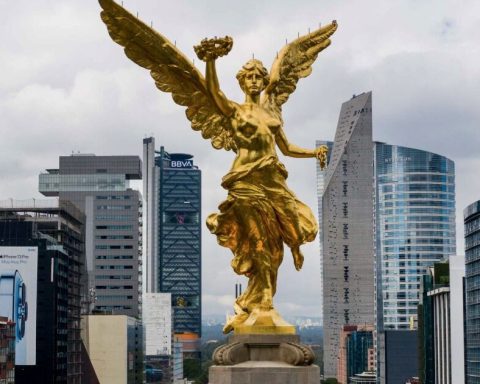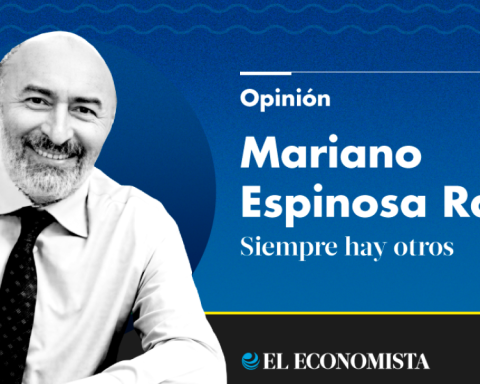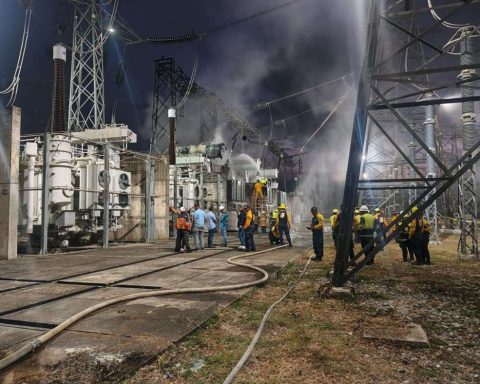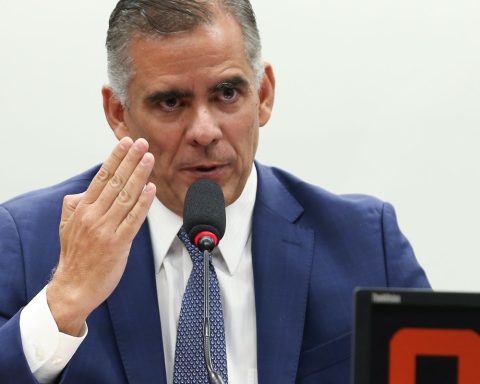AND
2024 is about to come to an end and, with it, 2025 is already looming full of numerous challenges derived from the precarious balances that sustain our global order. But also, both nationally and internationally, with the coming year comes new political, economic, social and environmental opportunities, which will require appropriately prioritizing our bets and efforts to successfully face the main problems and tensions with which the current year closes.
The emergencies and challenges are many, but, in order to organize those that seem most pressing, we immediately state a kind of minimum agenda of indispensable attention, both by civil society and by governments.
As a first issue, it is necessary to prioritize the climate change crisis, which requires us to seriously invest in the care of our common home. According to different international meteorological organizations, the year that is about to end will be the first in history to exceed an annual temperature of 1.5° C above the pre-industrial historical average. The warming barrier of this figure has been set as the maximum limit allowed by the United Nations to stop and mitigate the effects of climate change caused by human activity. For this reason, governments and the international community as a whole must endorse their commitment to moving towards more sustainable energies and modes of production and change habits, if they really want to stop this phenomenon.
The second obligatory issue is the urgent attention to the violence that persists throughout the world and particularly in our region. A symptom of an order in crisis, violence has been reproduced in different contexts as a sign of the dismantling of the institutional framework of dialogue around the world. First with Russia’s invasion of Ukraine, and then with the devastation caused by Israel in Palestine, the global geopolitical and economic order has once again been polarized and reconfigured through armed violence, violating millions of innocent people because of its nationality or creed.
In Mexico, the accents of violence are different, but equally worrying. We close the year with the scenes of Sinaloa, Chiapas or Tabasco reminding us of the magnitude of macrocriminality in the country, whose effects have not been able to be mitigated by the militarist strategies proposed by the last governments. This 2024 closes as the worst year in terms of political violence with 617 cases documented by Data Cívica, and the levels of homicidal violence remain constant, with more than 2,000 homicides committed every month until October. It is urgent that the government of Claudia Sheinbaum contributes a different perspective to build bases for the pacification of the country from community, citizen and institutional emphases, essential in the current context.
Regarding the national institutional framework, Mexico today is going through a complex political panorama that has undermined the democratic balances and institutional capacities so essential for the management of social conflict and for comprehensive care of the victims. The implementation of reforms to the National Guard, the Judiciary or informal preventive detention have caused a climate of polarization and uncertainty that deserves to be taken with caution. Faced with the approved reforms and the construction of a parliamentary supermajority that threatens to further weaken institutional counterweights, it is necessary for civil society to maintain active attention on the process of implementation of said reforms, supervising and demanding the correct performance of the authorities; That is, they do not conduct their actions based on partisan interests, but rather on the guarantee and protection of human rights and the strengthening of democracy in our country. It will also be the obligation of Claudia Sheinbaum’s government to assume the responsibility of taking care of the social, political and economic implications that the legislative changes generate internally and abroad.
Furthermore, the assumption of the government of the United States of America by Donald Trump has already generated tensions that make the environment of the bilateral relationship more complex. At a global level, migration – which increasingly takes on features of forced displacement – has not only intensified, but has become the object of discriminatory political discourses that announce prohibitionist measures; speeches that, by the way, have had great electoral success in the current wave of return of the extreme right around the world. We will have to discern how much of what Donald Trump said constitutes a mere legitimizing speech, and how much is a true announcement of an imminent measure. Faced with this panorama, the truth is that 2025 will be a year of definitions in the Mexico-United States relationship that will have numerous economic, political and immigration implications for our country.
In short, the closing of 2024 inherits to 2025 a loaded agenda of issues to attend to. At a global level we find ourselves in a context of crisis, in which the promotion of large-scale changes is urgent, but the alternatives we have are few. Faced with this reality marked by tension and uncertainty, the importance of citizen vigilance over the actions of governments and in defense of the precarious balances that keep our democratic and economic guarantees afloat is accentuated; Seen in terms of opportunity, this situation means the possibility of testing paths to promote new and urgent ways of understanding and living ourselves as a society and as citizens, which put care, reconciliation, opening channels of dialogue, strengthening democracy, human rights and dignity.
















